Blog
Check out the newest industry updates and insights, and explore our in-depth guides.
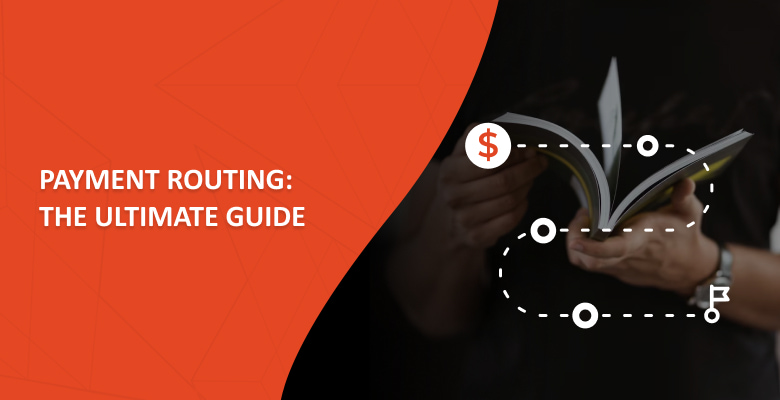 Payment Routing: The Ultimate Guide and Real-Life Best Practices
Payment Routing: The Ultimate Guide and Real-Life Best Practices This article will explore intelligent payment routing in detail, dive deep into its fundamentals, and analyze the opportunities it presents to payment service providers and merchants worldwide.
 Redefining Customer Experience in FinTech: Akurateco’s Payment Team as a Service Approach
Redefining Customer Experience in FinTech: Akurateco’s Payment Team as a Service Approach For the last couple of decades, FinTech startups have led the way in adopting the latest technologies in the payments industry. Indeed, we are working hard to optimize, speed up and automate every transaction processing step.
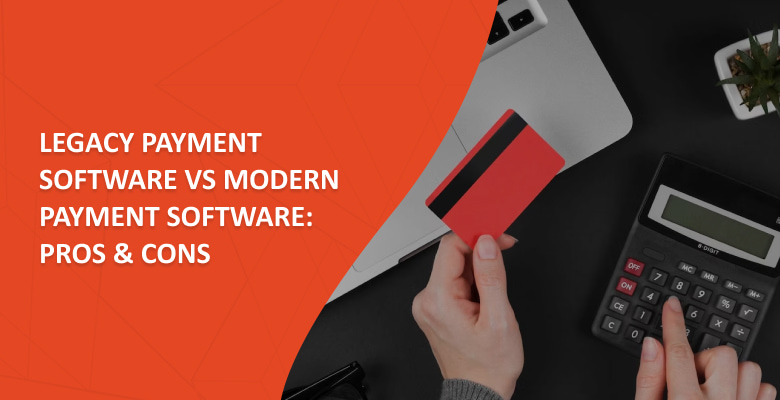 Legacy Payment Software vs Modern Payment Software: Pros & Cons
Legacy Payment Software vs Modern Payment Software: Pros & Cons The FinTech industry has been moving by leaps and bounds. With the general digitalization of the world and the COVID-19 pandemic, the online payment industry has changed dramatically only in the last few years, let alone the changes it endured in a decade or two.
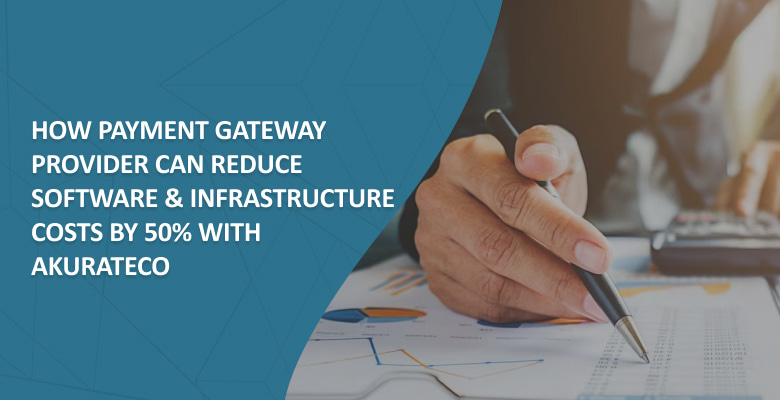 How Payment Gateway Provider Can Reduce Software & Infrastructure Costs by 50% With Akurateco
How Payment Gateway Provider Can Reduce Software & Infrastructure Costs by 50% With Akurateco The online payment industry is booming and will remain at its peak for a long time to come. That is why now is the right time to start and develop your own payment gateway business.
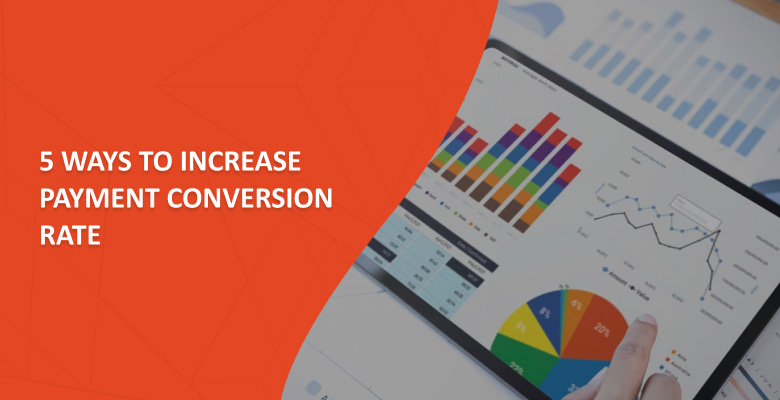 5 Ways to Increase Payment Conversion Rate
5 Ways to Increase Payment Conversion Rate As an online business owner, you know first-hand how much time and effort are put into identifying the reasons for a low payment conversion rate - and finding the right tools to fix it. It's not surprising since your business does not receive a significant part of the income precisely for this reason.
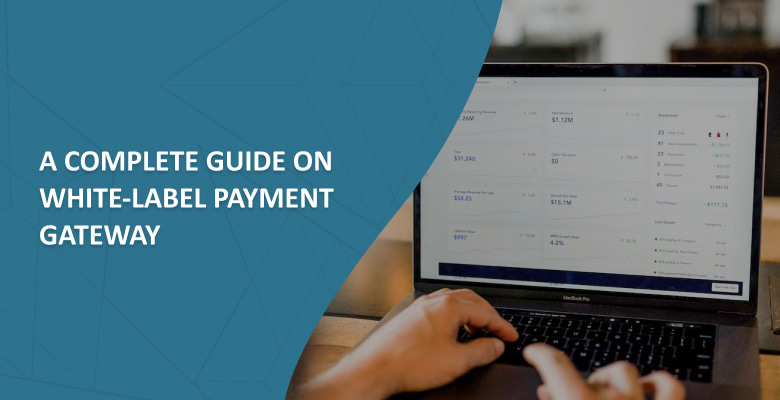 A Complete Guide on White-Label Payment Gateway
A Complete Guide on White-Label Payment Gateway If you're in the payment processing industry, chances are you've heard the term white-label payment gateway before. It wouldn't be surprising since the product is highly demanded in electronic payment processing.
 Top FinTech-related events in 2023
Top FinTech-related events in 2023 In order to thrive in any industry, networking, self-promotion, and industry comprehension are imperative - and the world of FinTech is certainly no exception. Conferences provide a dynamic platform to achieve all of these objectives and more.
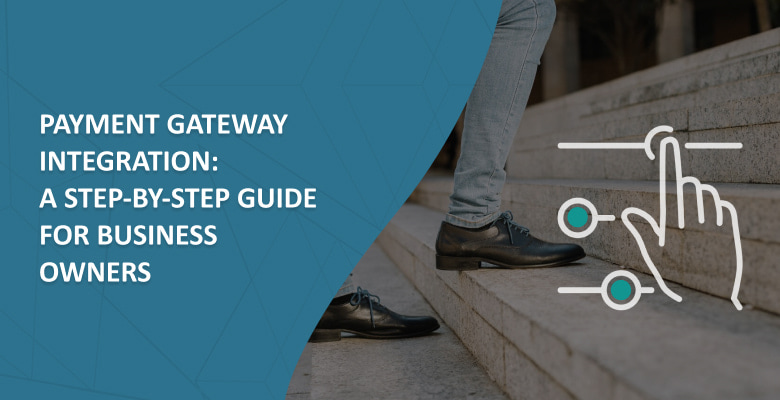 Payment Gateway Integration: A Step-by-Step Guide for Business Owners
Payment Gateway Integration: A Step-by-Step Guide for Business Owners Payment gateway integration is an essential part of accepting e-payments for business owners. It is a complex process of integrating a payment gateway into a website/application.
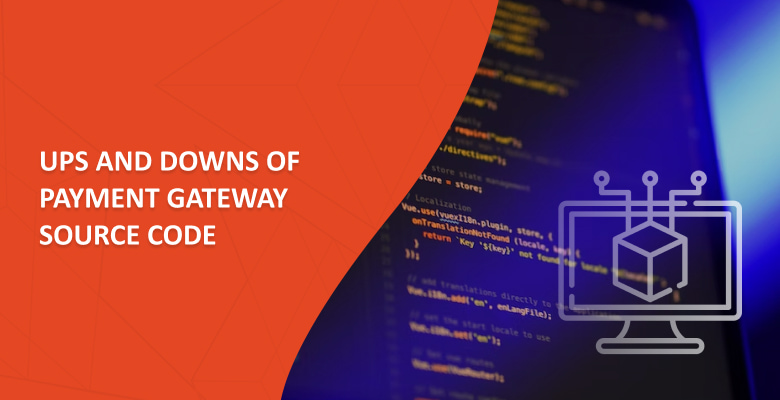 Ups and Downs of Payment Gateway Source Code
Ups and Downs of Payment Gateway Source Code The electronic payments industry does not stand still even for a moment. In the last year alone, the number of new popular payment methods, including cryptocurrencies, QR-payments, One-click payments, etc., increased many times.
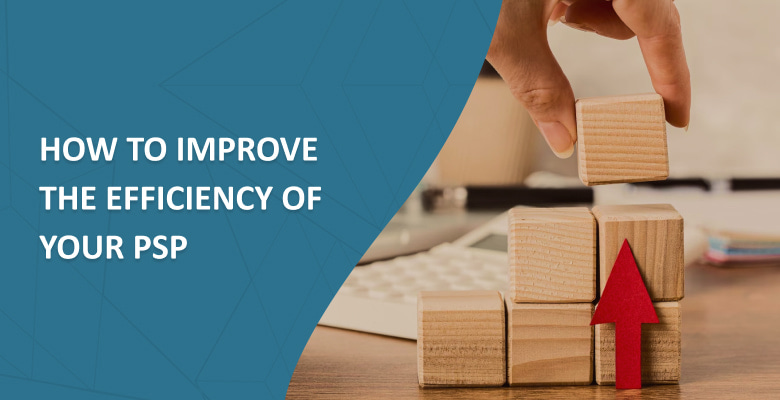 How to Improve the Efficiency of Your PSP
How to Improve the Efficiency of Your PSP One of the most pressing issues identified by payment providers (PSPs) is improving the efficiency of their work processes and business performance. To address them, PSPs spend a lot of time trying to solve problems on their own by trial and error. However, it takes much time, and in most cases, comes to naught.





